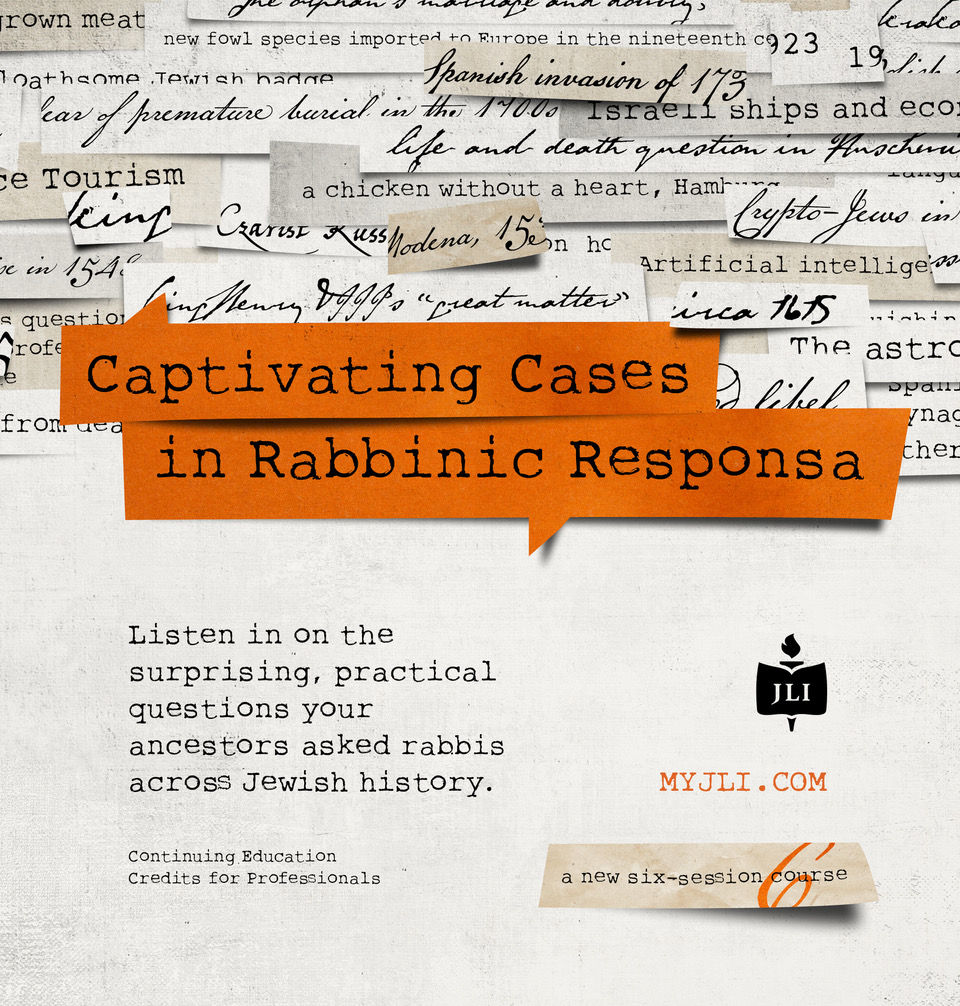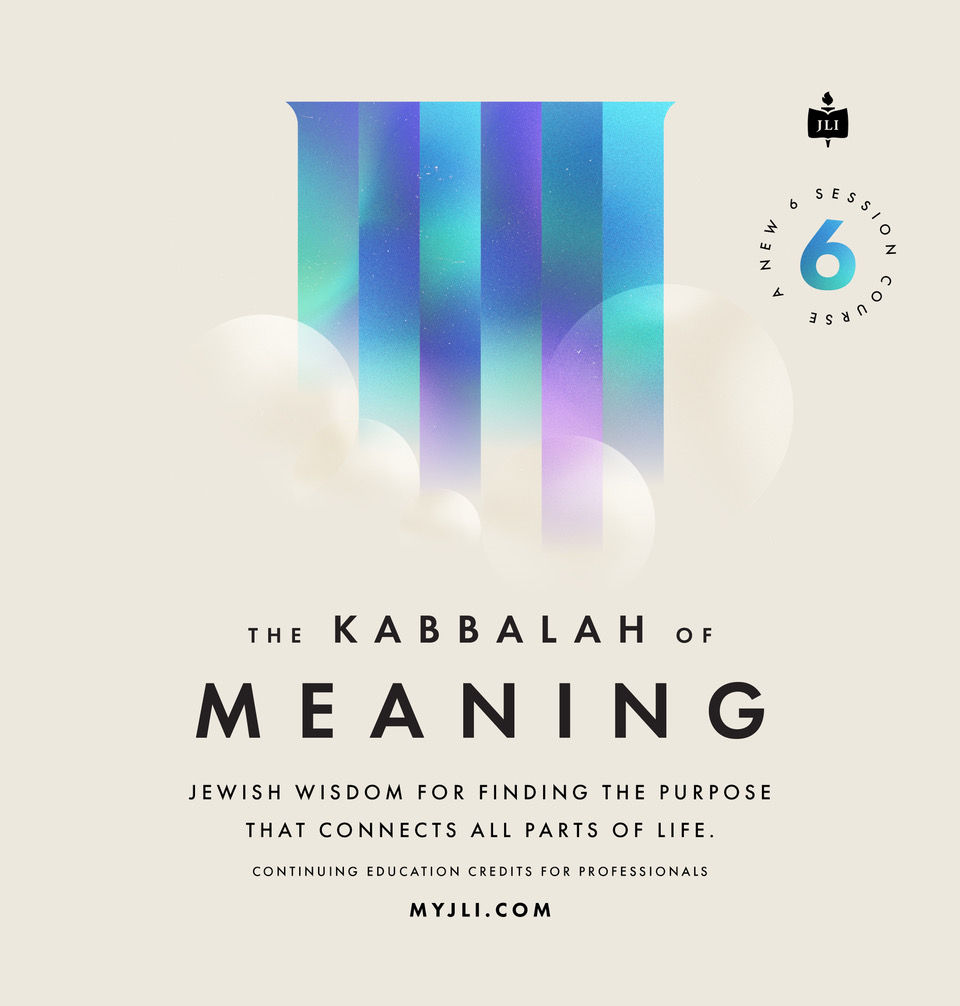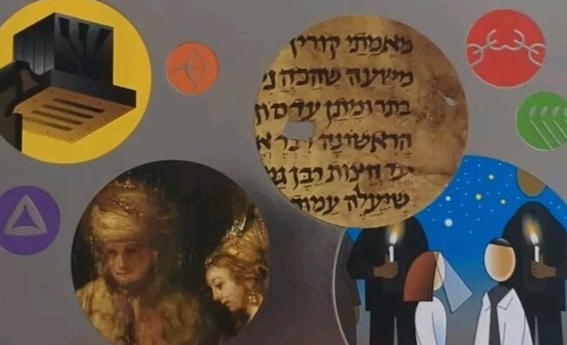ADULT EDUCATION
We teach a number of different adult education classes every week. Please browse our calendar to book your place for the full course or scroll down to book a single class.
You can also find out more about our past courses.
Full Courses

 Captivating Cases in Rabbinic Responsa - Full CourseWed 21 JanCommunity Centre, 1-3 Elliott's Place
Captivating Cases in Rabbinic Responsa - Full CourseWed 21 JanCommunity Centre, 1-3 Elliott's Place
 For All Humankind - Full CourseWed 29 AprCommunity Centre, 1-3 Elliott's Place
For All Humankind - Full CourseWed 29 AprCommunity Centre, 1-3 Elliott's Place
 The Kabbalah of Meaning - Full CourseWed 05 NovCommunity Centre, 1-3 Elliott's Place
The Kabbalah of Meaning - Full CourseWed 05 NovCommunity Centre, 1-3 Elliott's Place
Ongoing Lessons
Weekly lessons include Torah text and Rashi, Talmud, Developing Trust and Judaism Basics Course. To join, please contact us via one of the links below.

Past Courses
Please contact us if you would like to find out more about one of our past courses or schedule individual classes.
-
Outsmarting Antisemitism: How to Beat it with Purpose, Positivity and Jewish Pride
-
Curious Tales of the Talmud: Finding Personal Meaning in the Legends of our Sages
-
Judaism Decoded: The Origins and Evolution of Jewish Tradition
-
How Success Thinks: Jewish Secrets for Leading a Productive Life
-
To Be a Jew in the Free World: Jewish Identity Through the Lens of Modern History
-
Jewpernatural: Signs, spirits and superstition in Jewish belief
-
My G-d: Defining the Divine
-
Book Smart: Judaism’s Most Important Titles, and the Authors Who Inscribed Them
-
The World of Kabbalah: Revealing How Its Mystical Secrets Relate to You



